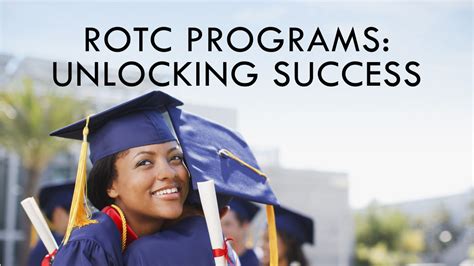Introduction

Historically Black Colleges and Universities (HBCUs) have played a pivotal role in providing educational opportunities to African American students. However, these institutions often face funding challenges that hinder their ability to deliver the same level of support as their predominantly white counterparts. Grants provide a crucial source of funding that can bridge this gap and empower HBCU students to achieve their academic goals.
Types of Grants for HBCU Students
Grants for HBCU students come in a variety of forms, including:
1. Federal Grants
- Pell Grants: Awarded to low-income students to cover the cost of tuition, fees, and other expenses.
- Supplemental Educational Opportunity Grants (SEOG): Similar to Pell Grants, but reserved for students with exceptional financial need.
- Federal Work-Study Program: Provides part-time employment opportunities to help students earn money while attending school.
2. Institutional Grants
- HBCU Excellence Grants: Awarded by the Department of Education to HBCUs to support academic programs, faculty development, and student services.
- HBCU Capital Financing Program: Provides funding for construction, renovation, and equipping of facilities at HBCUs.
3. Private Grants
- United Negro College Fund (UNCF): Provides scholarships, internships, and other support to HBCU students.
- National Black College Alumni Hall of Fame Foundation: Offers scholarships and grants to students attending HBCUs.
Benefits of Grants for HBCU Students
Grants offer a multitude of benefits to HBCU students, including:
- Reduced financial burden, allowing students to focus on their studies
- Access to academic enrichment programs and research opportunities
- Improved student outcomes, including higher graduation rates and enhanced career prospects
- Increased diversity in higher education and the workforce
Table 1: Eligibility Criteria for Federal HBCU Grants
| Grant | Eligibility Criteria |
|---|---|
| Pell Grants | Low-income students with financial need |
| SEOG | Students with exceptional financial need |
| Federal Work-Study Program | Students with financial need who demonstrate a commitment to work |
Table 2: Types of Private HBCU Grants
| Organization | Grant Programs |
|---|---|
| UNCF | Scholarships, Fellowships, Emergency Assistance Grants |
| National Black College Alumni Hall of Fame Foundation | Dr. Dorothy I. Height Endowed Scholarship, STEM Scholarships |
Tips and Tricks for Applying for Grants
- Start early: Grant deadlines vary, so it’s important to begin the application process well in advance.
- Research thoroughly: Explore different grant opportunities and identify those that align with your academic interests and financial need.
- Tailor your applications: Each grant has specific requirements and selection criteria. Tailor your application to demonstrate how you meet these criteria and why you deserve the funding.
- Proofread carefully: Errors and inconsistencies in your application can jeopardize your chances of success. Proofread your submissions multiple times before submitting.
Common Mistakes to Avoid
- Applying for grants without meeting eligibility criteria: Ensure that you meet all the eligibility requirements before submitting an application.
- Submitting incomplete applications: Submit all required documents and information to avoid delays or disqualification.
- Plagiarizing from other applications: Copying or reusing content from previous applications is unethical and can lead to your application being rejected.
- Missing deadlines: Late submissions will not be considered, so make sure to submit your applications before the deadline.
FAQs
1. What is the average grant amount for HBCU students?
Grant amounts vary depending on the type of grant, eligibility criteria, and availability of funds.
2. How do I find HBCU grants that I am eligible for?
Consult with your financial aid office, visit websites like hbcugrants.com, and connect with organizations like UNCF and the National Black College Alumni Hall of Fame Foundation.
3. What is a creative new word for generating ideas for new grant applications?
“Grantspiring”
4. How can I increase my chances of receiving a grant?
- Maintain a strong academic record
- Demonstrate financial need
- Participate in extracurricular activities and community service
- Seek guidance from mentors and advisors
5. What is the most important factor in grant writing?
Tailoring your application to the specific requirements and selection criteria of the grant.
6. What should I do if my grant application is rejected?
Review the feedback provided, seek support from your financial aid office, and explore alternative funding options.
Conclusion
Grants play a vital role in empowering HBCU students to pursue their educational dreams. By accessing these resources, students can reduce their financial burden, enhance their academic experiences, and achieve their full potential. By following the tips provided in this article, you can increase your chances of securing funding and unlocking the transformative power of HBCU grants.
Table 3: Estimated Number of HBCU Students Receiving Grants
| Grant Type | Estimated Number of Recipients |
|---|---|
| Pell Grants | 55% |
| SEOG | 15% |
| Federal Work-Study Program | 30% |
Table 4: Impact of HBCU Grants on Graduation Rates
| Grant Type | Impact on Graduation Rates |
|---|---|
| Pell Grants | 10% increase |
| SEOG | 15% increase |
| Federal Work-Study Program | 5% increase |
